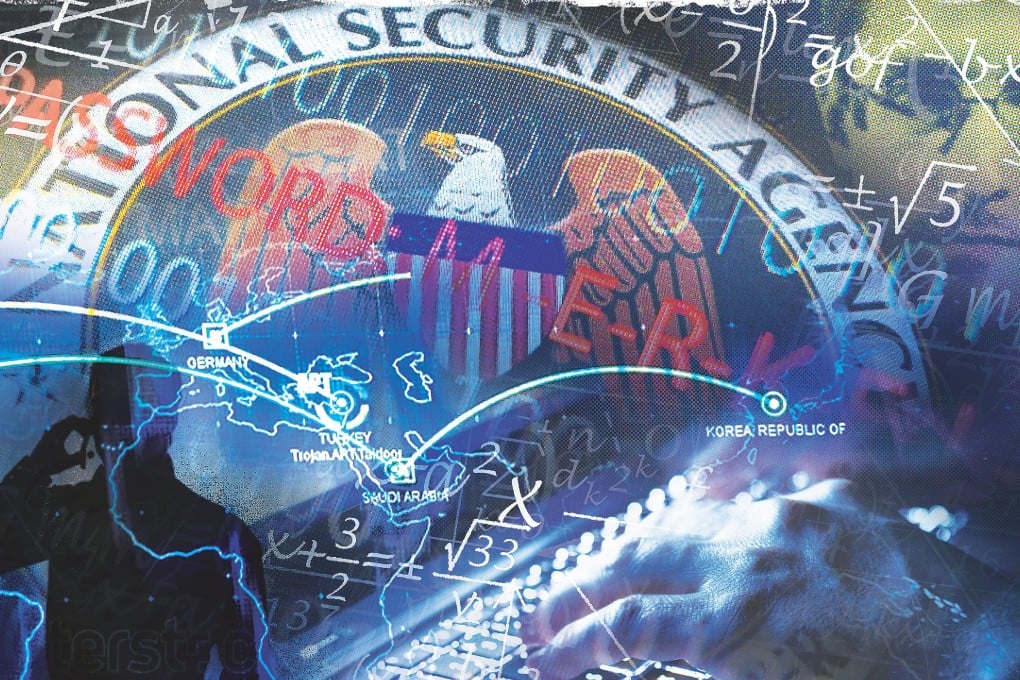The numbers game: mathematicians and NSA
Snowden's revelations unsettled many mathematicians - but not enough to sever ties with NSA

Each year, recruiters from the National Security Agency (NSA), said to be the largest employer of mathematicians in the United States, visit a few dozen universities across the country in search of talent. It used to be an easy sell.
"One of the appealing aspects that they pitch is that you'll be working on incredibly hard and interesting puzzles all day," says one mathematician who requested anonymity. In the wake of the September 11 terrorist attacks, he adds, "I felt that if there was any way I could use my mathematical ability to prevent such a thing from ever happening again, I was morally obligated to do it." Several times over the past decade, he has set aside his university research to work for the agency.
Lately, however, that sense of moral clarity has clouded for some mathematicians, and the recruiters' task has become more complicated. In 2013, former NSA contractor Edward Snowden began releasing documents revealing, among other things, that the agency has been harvesting email and phone records from ordinary American citizens on a massive scale. The NSA may have also purposefully compromised a mathematical standard used widely for securing personal computers the world over.
The revelations unsettled the anonymous mathematician. "For people who share my motivations," he says, "the ethics of the NSA's mission matter a great deal." The news has also roiled the mathematics community and led some to question its long, symbiotic relationship with the spy agency, which nurtures budding mathematicians in school, supports the field with research and training grants, and offers academic mathematicians the chance to take part in the murky world of spy craft.
Mathematician David Vogan, of the Massachusetts Institute of Technology in Cambridge, who finishes his term as president of the American Mathematical Society (AMS) this week, has urged the society to rethink its long-running, close-knit ties with the agency - though he won little support from other AMS officials.